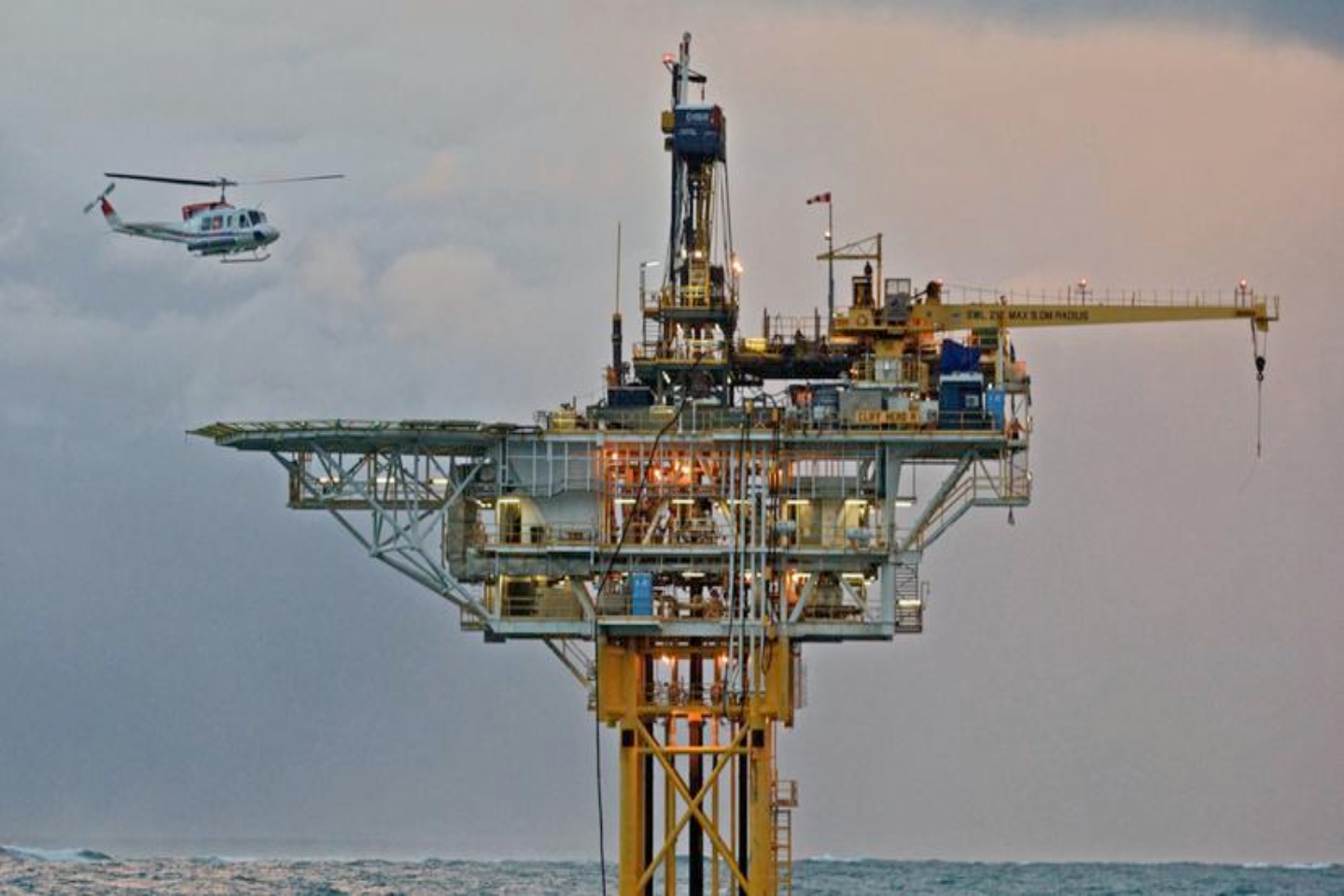JV partners Triangle and Pilot Energy could lodge a formal application to use the company’s Cliff Head oil reservoirs as carbon storage tanks in the next few weeks after finalising the regulatory approval data required for the submission. The producer’s oil fields are currently churning out about 700 barrels of oil per day but once depleted it is hoped they will be used to progress the partnership’s clean energy initiatives.


Joint venture partners Triangle Energy Global and Pilot Energy could lodge a formal application to use the company’s Cliff Head oil reservoirs as carbon storage tanks in the next few weeks after finalising the regulatory approval data required for the submission.
The producer’s oil fields are currently churning out about 700 barrels of oil per day but once depleted it is hoped they will be used to progress the partnership’s clean energy initiatives.
The company says its carbon capture and sequestration, or “CSS” play could extend the Cliff Head project’s shelf life by up to 20 years and provide a net present value of between $110 and $210 million, an internal rate of return between 30-40 per cent and a remarkable payback period of just four years.
CSS is a proven methodology that involves capturing carbon dioxide created during power generation and industrial operations and loading the material into subsurface reservoirs that once contained oil and gas resources.
The first CSS project was launched about 50 years ago and current operations around the world are collectively able to store about 40 million tonnes of the material per annum.
Triangle’s JV with Pilot encompasses the producing Cliff Head oil field about 270km north of Perth, the Arrowsmith stabilisation plant, a suite of well infrastructure, several pipelines and a handful of federal and state pipeline licences.
Perth-based Triangle currently owns about 80 per cent of the Cliff Head Joint Venture or “CHJV” with Pilot picking up the rest however the stakes of the deal could soon change following recent negotiations.
Last month the duo revealed plans to reformat the JV with Triangle deciding to sell off half its rights to Pilot for $1 million.
The agreement is dependent on a positive government review of the companies’ proposed CSS plan for the Cliff Head oil field.
Once waved through by the Federal Government’s National Offshore Petroleum Titles Administrative body the ownership arrangement will be reformatted instantly leaving Pilot in control of Cliff Head’s current oil production and future CSS programs.
The CSS program forms part of Pilot’s larger Mid West Clean Energy project or “MWCEP” which will see the company transform the Cliff Head project into a multi-armed renewable precinct that could include CSS, ammonia and blue hydrogen production.
Pilot aims to use the assets to shed its traditional oil production skin and emerge from the transition as a clean energy producer and supplier.
As part of the program, Pilot has made several executive appointments to the MWCEP’s implementation team and selected US-based 8 Rivers Capital as its technology adviser for the design of its hydrogen and ammonia production facilities.
Phase one of the program could see the company kick-off CSS injection and storage in 2026 with blue hydrogen and clean ammonia production earmarked for a year later.
8 Rivers Capital has already committed $1 million towards the blue hydrogen project however Pilot says delivering the commodity along with ammonia is impossible without CSS.
Management states 8 Rivers’ support is a ringing endorsement of its clean energy ambitions.
Pilot Energy Chairman, Brad Lingo said:“The project is progressing in all material aspects, from regulatory requirements to ammonia offtake arrangements which has laid the platform for the commencement of FEED in 2023. The MWCEP will provide for the direct ability to reduce significant and growing CO2 emissions in the Mid West region of Western Australia.”
Movement on the CSS front follows Triangle and Pilot Energy’s fourth oil tanker load onto the AB Paloma vessel at the Port of Geraldton in Western Australia.
The ship is stacked with 53,000 barrels of oil and is now en route to a refinery in Asia where the liquids will be sold.
Triangle has declared the oil shipment as a win as the freight marks its second delivery using a newly formed export route through a new facility at the Port of Geraldton.
The pathway was devised after BP Australia decided to kill off its oil handling and refining operations at its Kwinana facility in WA. The ruling left many of the state’s producers clambering to get their hydrocarbons to market.
Over the past month or so Triangle and JV partner Pilot have validated the new route’s viability and are now looking to boost the economics associated with mobilising liquids through it.
Emerging policies in WA mean the state’s existing gas projects require fit-for-purpose carbon mitigation strategies if they are to continue – a landscape that companies such as Triangle and Pilot could be well positioned to navigate as work across the CSS project gathers steam.
Notably, the pair argue their CCS project is low risk and requires minimal capital outlay to get the operation off the ground owing to the site’s existing infrastructure.
Globally the growth of CSS development projects has spiked about 48 per cent from December 2020 to September 2021
According to the duo, the Cliff Head CSS offers characteristics that place it amongst the top 20 CSS projects in the world.
Is your ASX-listed company doing something interesting? Contact: matt.birney@businessnews.com.au












